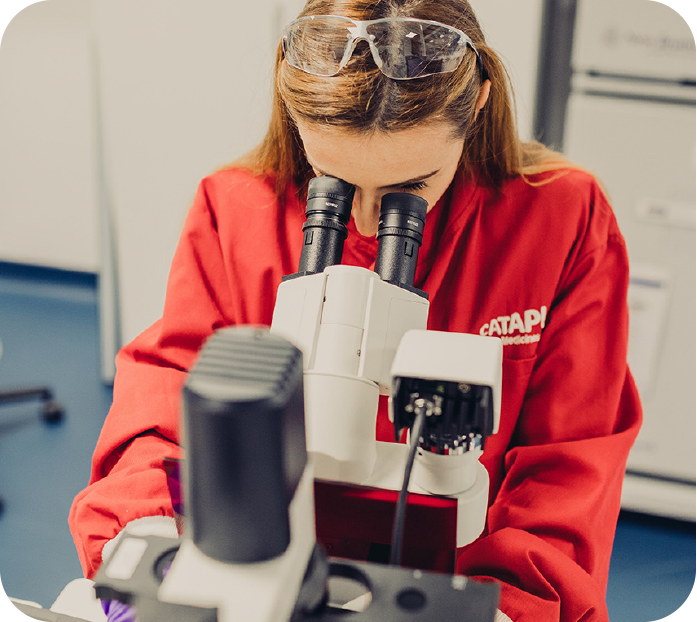Medicine Discovery Catapult’s Psychiatry Consortium announces new international collaboration to tackle depression
The University of Trento and the University of Bologna are collaborating with global pharmaceutical companies including, Biogen Inc, Janssen Pharmaceutica NV and Merck Sharp and Dohme Corp. in a new Psychiatry Consortium project that will seek to define a new pharmacological approach to treat depression.
Launching in February 2022, the project will see academic and industry partners combine efforts and expertise to assess the role of one of the most significant risk genes for depression (Neuronal Growth Regulator 1, or NEGR1), in the development of the disorder.
There is a clear need for novel treatments for depression as most current options are not effective for many patients and the side effects can be debilitating. According to WHO figures, depression affects approximately 280 million people worldwide, making it one of the most prevalent disorders in the world.
This project will investigate the underlying causes of depression with the aim of producing medicines that could potentially improve the quality of life for millions of people.
The Psychiatry Consortium, a £4 million collaboration between seven global pharmaceutical companies, and two leading medical research charities, convened and managed by Medicines Discovery Catapult (MDC), supports high-value drug discovery projects in this area of unmet patient need.
The Psychiatry Consortium acts as a vehicle to bring together the wealth of scientific knowledge of the academic community with the extensive drug discovery know-how of the Psychiatry Consortium industry members, to turn promising research into drug discovery projects.
This is the first collaboration led by a European institution for the Psychiatry Consortium and the ambitious project will see the diverse collection of strategic partners work collaboratively to develop the project, with MDC curating and managing the process throughout.
A multidisciplinary team of researchers across the two Italian institutions will apply a combination of human genomics, cellular physiology, and neurobehavioral techniques to understand the molecular, cellular, functional and behavioural consequences of NEGR1 modulation and its role in depression.
Professor Enrico Domenici, at the Department of Cellular, Computational and Integrative Biology (CIBIO) from the University of Trento, and Lead Investigator for the study, said:
“Psychiatric genomics has made enormous progress in the identification of the major risk factors for many disorders, and it is time to make real efforts to turn the scientific evidence generated so far into drug discovery opportunities. Depression is still a huge unmet medical need, and patients and doctors need new options to treat this condition which builds on a broader understanding of the disease etiology.”
Dr. Lucia Carboni, Assistant Professor at the Department of Pharmacy and Biotechnology of the University of Bologna, said:
“This collaboration brings together key players in an interesting and challenging project. We hope that this integrated effort will lead to the discovery of new antidepressants based on an entirely novel mechanism, which might revolutionise the way depression is treated in the future.”
Jessica Lee, Head of Patient-Focused Partnerships at MDC, said:
“MDC’s Psychiatry Consortium has brought together an international group of strategic partners with the single goal of improving the quality of life of patients. The Psychiatry Consortium enables industry and academia to share knowledge and expertise for a common goal; fostering world-leading research which can be translated into commercial entities for the benefit of society. It is precisely this kind of international collaboration the Psychiatry Consortium was established for.”


